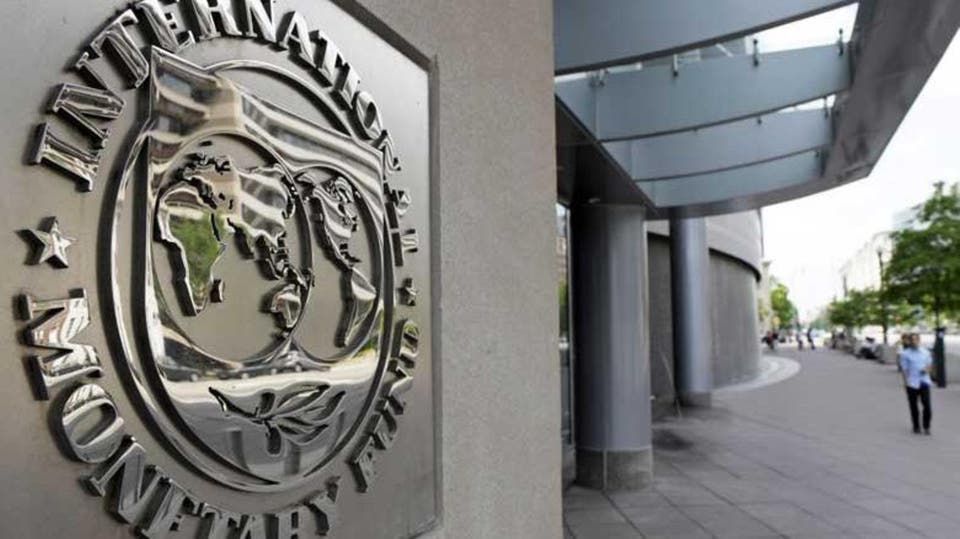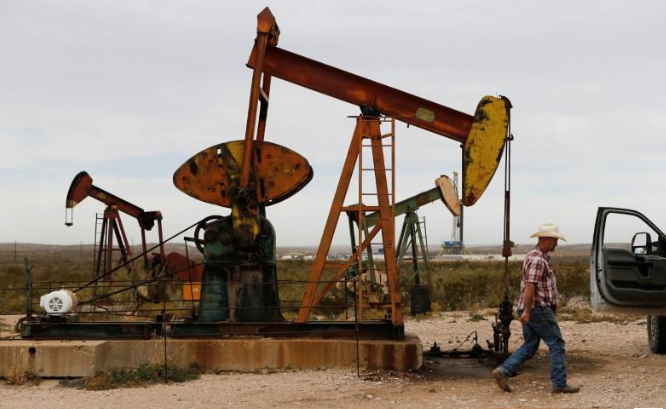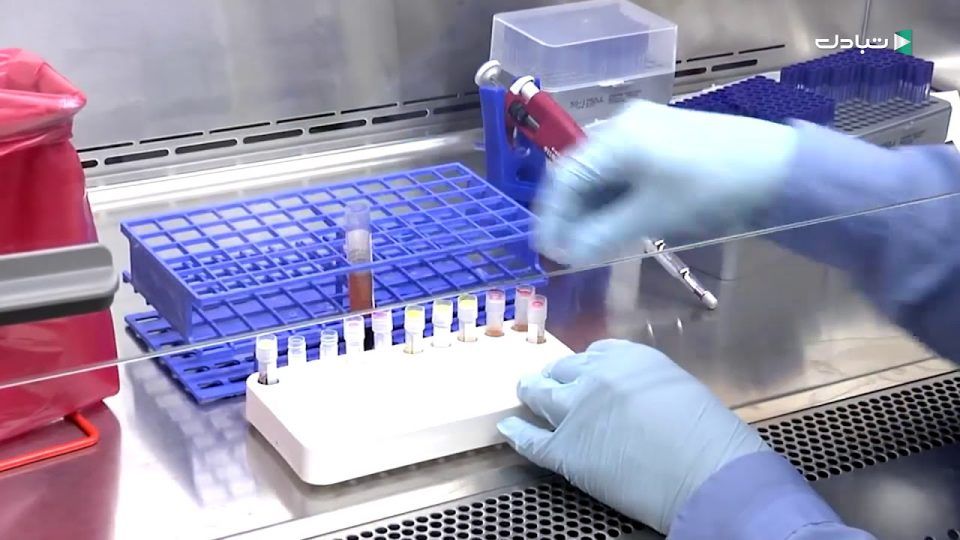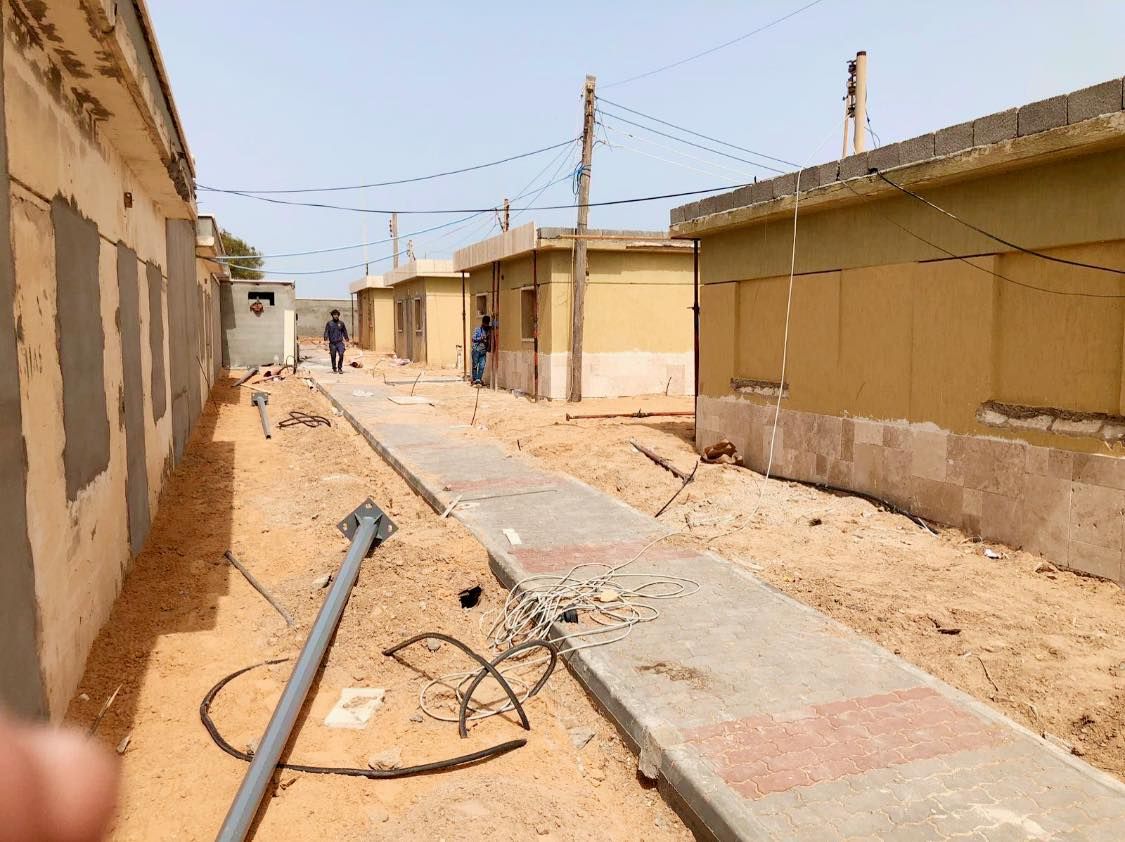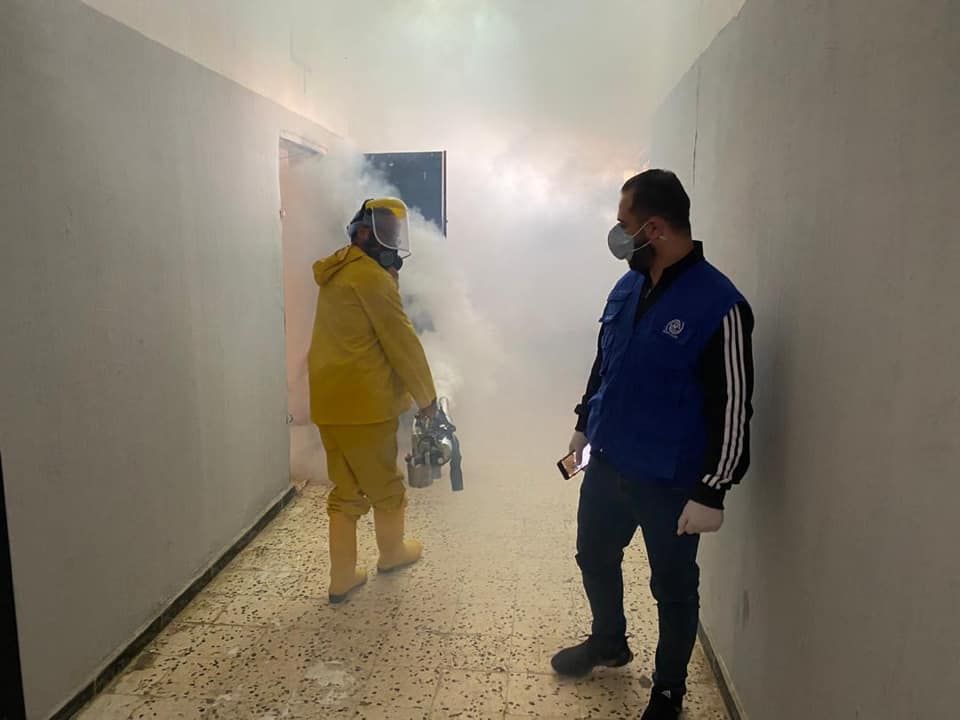Quoting Reuters, India said on Wednesday it had banned the export of hydroxychloroquine and formulations of the malaria drug while experts test its efficacy in helping treat patients infected with coronavirus.
There are currently no approved treatments, or preventive vaccines for COVID-19, the highly contagious, sometimes deadly respiratory illness caused by coronavirus.
Researchers are studying existing treatments and working on experimental ones, but most current patients receive only supportive care such as breathing assistance.
Hydroxychloroquine, a malaria drug, is among the medications undergoing testing as a potential treatment for patients with the disease. Earlier this week, the American Society of Health-System Pharmacists (ASHP), which maintains a list of drug shortages, said there was a shortage of hydroxychloroquine.
“Chloroquine has demonstrated toxicity in certain patients,” Dinesh Dua, chairman of the Pharmaceuticals Export Promotion Council of India, told Reuters. “You have to tread with caution because there is no comprehensive data to prove it works.”
The group said India, the world’s largest supplier of generic drugs, was not short of the drug but that companies were acutely short of staff to run operations.
Cadila Healthcare Ltd, part of the Zydus group and one of India’s top makers of the drug, said it was ramping up production to about 200 million pills a month.
“The priority is to work with the government in these challenging times and do all that we can in combating the coronavirus,” a spokesman said.
Earlier on Wednesday, Cadila Healthcare’s stock fell more than 5% after the export ban was announced.
Late on Tuesday, India ordered a 21-day lockdown of its 1.3 billion people to try to protect the world’s second most populous country from the fast-spreading coronavirus.
“It is impossible to maintain operations due to lockdown, because employees don’t want to come (to work),” Dua said.
India has already banned the export of ventilators, sanitizers and personal protection equipment such as masks and clothing used in the fight against the virus, which has so far infected more than 500 people and killed nine in the country.
